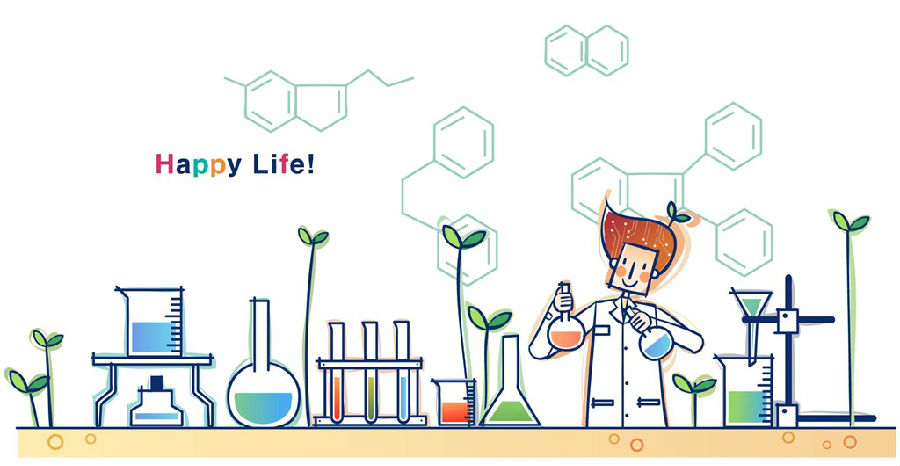No one knew about his principle, because Avogadro himself was a retiring fellow, he worked alone, corresponded very little with fellow scientists, published few papers, and attended no meetings but also it was because there were no meetings to attend and few chemical journals in which to publish. This is a fairly extraordinary fact. The Industrial Revolution was driven in large part by developments in chemistry, and yet as an organized science chemistry barely existed for decades.
沒人知道他的定律,一方面,是因?yàn)榘⒎さ铝_是個(gè)離群索居的人,他一個(gè)人搞研究,只與極少數(shù)的科學(xué)家通訊,發(fā)表過(guò)少數(shù)的幾篇論文并且從來(lái)不參加會(huì)議;另一方面,也是因?yàn)闆]有會(huì)議可以參加,很少有幾家化學(xué)雜志可以發(fā)表文章。這是一件很怪的事。工業(yè)革命的動(dòng)力在很大程度上來(lái)自化學(xué)的發(fā)展,而在幾十年的時(shí)間里化學(xué)卻幾乎沒有作為一門系統(tǒng)的科學(xué)獨(dú)立存在。

The Chemical Society of London was not founded until 1841 and didn't begin to produce a regular journal until 1848, by which time most learned societies in Britain—Geological, Geographical, Zoological, Horticultural, and Linnaean (for naturalists and botanists)were at least twenty years old and often much more. The rival Institute of Chemistry didn't come into being until 1877, a year after the founding of the American Chemical Society.
直到1841年,才成立了倫敦化學(xué)學(xué)會(huì);直到1848年,那個(gè)學(xué)會(huì)才定期出版一份雜志。而到那個(gè)時(shí)候,英國(guó)的大多數(shù)學(xué)術(shù)團(tuán)體--地質(zhì)學(xué)會(huì)、地理學(xué)會(huì)、動(dòng)物學(xué)學(xué)會(huì)、園藝學(xué)學(xué)會(huì)和(由博物學(xué)家和植物學(xué)家組成的)林奈學(xué)會(huì)至少已經(jīng)存在20年,有的還要長(zhǎng)得多。它的競(jìng)爭(zhēng)對(duì)手化學(xué)研究所直到1877年才問世,那是在美國(guó)化學(xué)學(xué)會(huì)成立一年之后。
Because chemistry was so slow to get organized, news of Avogadro's important breakthrough of 1811 didn't begin to become general until the first international chemistry congress, in Karlsruhe, in 1860.
由于化學(xué)界的組織工作如此緩慢,有關(guān)阿伏伽德羅1811年的重大發(fā)現(xiàn)的消息,直到1860年在卡爾斯魯厄召開第一次國(guó)際化學(xué)代表大會(huì)才開始傳開。












